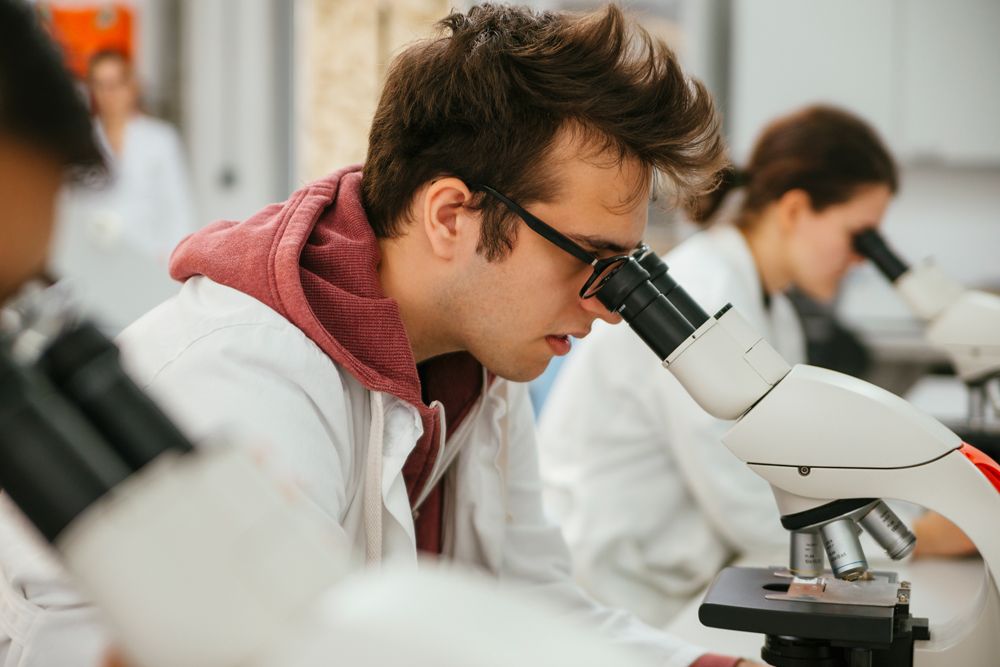The European Commission reported this Thursday that it fined the pharmaceutical companies Teva and Cephalon with a total of 60 million euros.
Both companies agreed to delay the market entry of Teva’s cheaper generic version of Cephalon’s sleep disorder drug Modafinil.
These agreements are called «late payment» agreements and they get in the way of competition and are illegal under EU antitrust rules.
The European Commission’s decision concluded that a patent agreement between Cephalon and its generic challenger Teva was exactly this type of «pay for late payment» agreement that is illegal under EU antitrust rules.
The agreement concerned modafinil, a drug used to treat sleep disorders and associated in particular with narcolepsy, a neurological disease.
Cephalon’s main patents on Modafinil had expired at the time of the agreement. But Cephalon still had secondary patents related to the makeup of its modafinil-based drug. Cephalon hoped that those patents would allow it to stay out of generic competition for some time to come, but it feared they were weak and insufficient to prevent generic companies from entering the market and launching their own product.
Teva
This is what happened in June 2005, when Teva introduced its generic Modafinil product in the UK at half price. Cephalon responded with a lawsuit for infringement alleging a violation of its patents.
Soon after, the two companies agreed to resolve the dispute. This is not a problem as such. But as part of the agreement, Teva received a package of parallel business agreements and cash payments, and in return, Teva promised not to compete against Cephalon and not to challenge its patents.
“Our investigation showed that the only reason Teva agreed to settle and not compete was that Cephalon offered to share in the additional benefits it would get from delaying entry. Our investigation also showed that Cephalon offered cash payments and side agreements to induce Teva to settle,” the European Commission said in a statement.
Competition
“Pharmaceutical companies bring innovation, which requires large investments in research and development to find new drugs and treatments. And we, as a society and as citizens, benefit greatly from such innovations. Innovating pharmaceutical companies make a significant contribution to overcoming some of the most serious diseases, for example by bringing life-saving vaccines to citizens.
“To encourage and reward this innovation, our patent systems grant companies developing new drugs, so-called originators, exclusive rights for a certain period of time. Patents offer temporary protection against competition to allow innovators to recoup the cost of discovering and developing new drugs. This is also important because the investigation is not always successful, but the costs of the investigation still need to be incurred,” said the European Commission.
But patent protection is temporary. After the payback time is up, other companies can enter the market with their generic products. With competition, medicines become more affordable.
“And we know that the entry of generics into the pharmaceutical markets can cause very significant price drops, sometimes of up to 90%. This is good for patients and it is good for health budgets,” said the European Commission.
![]()

